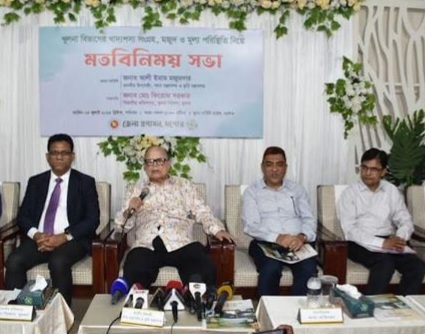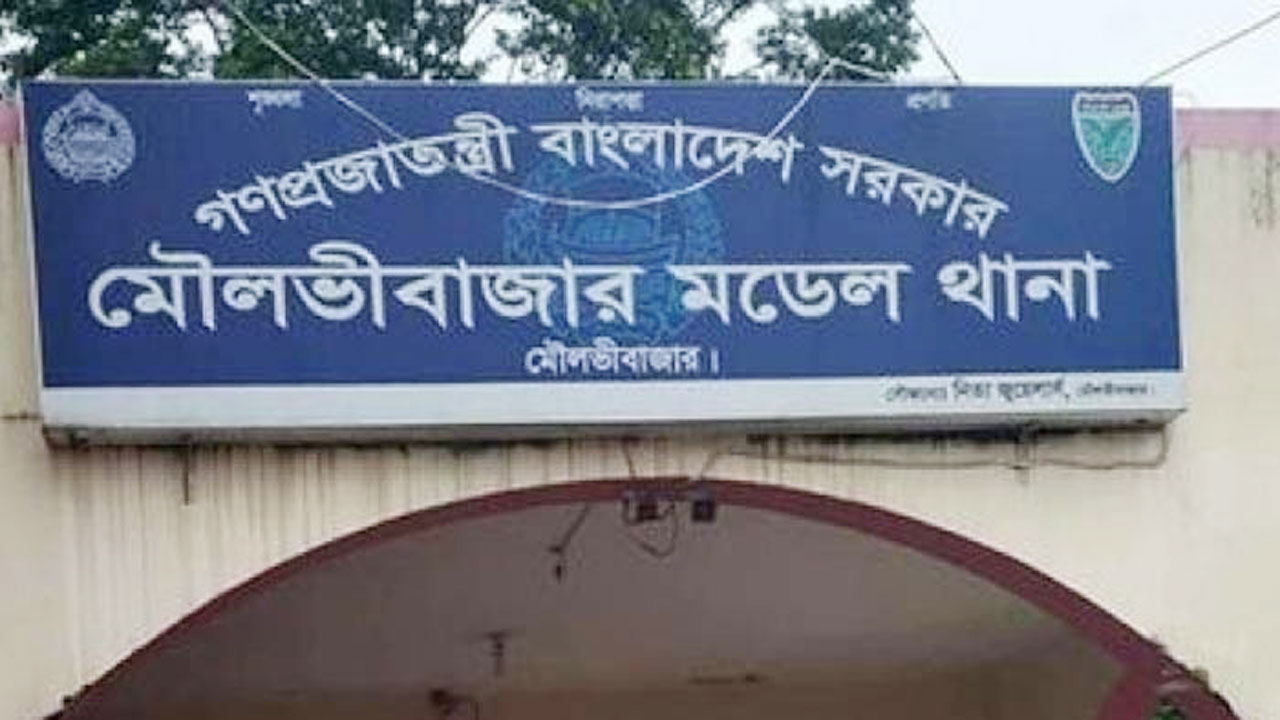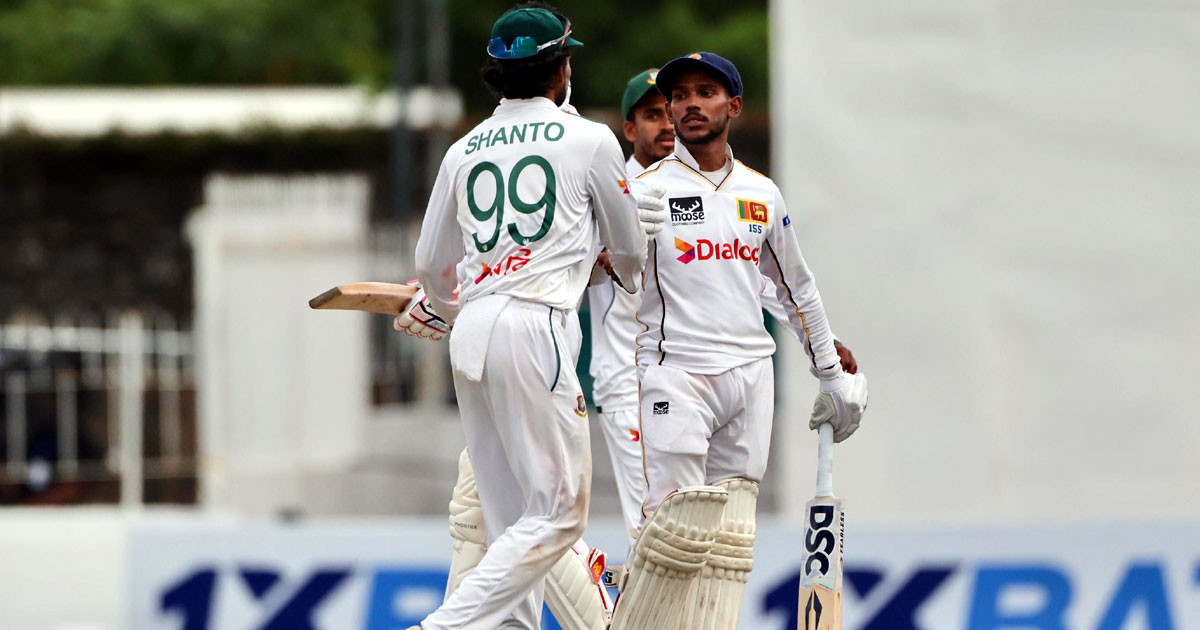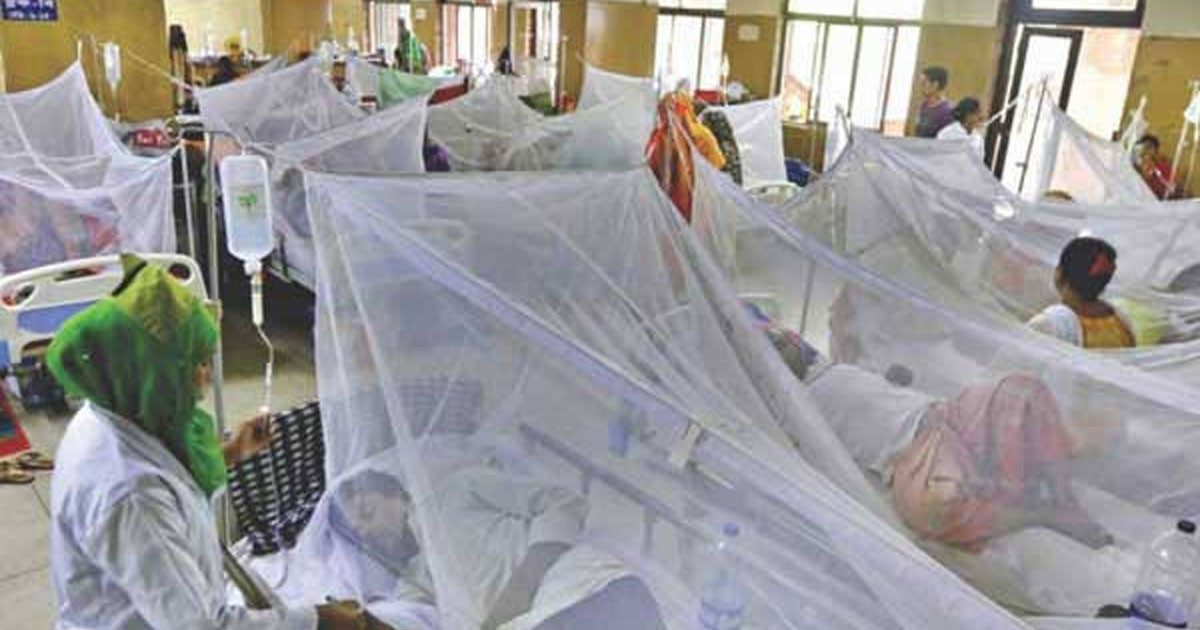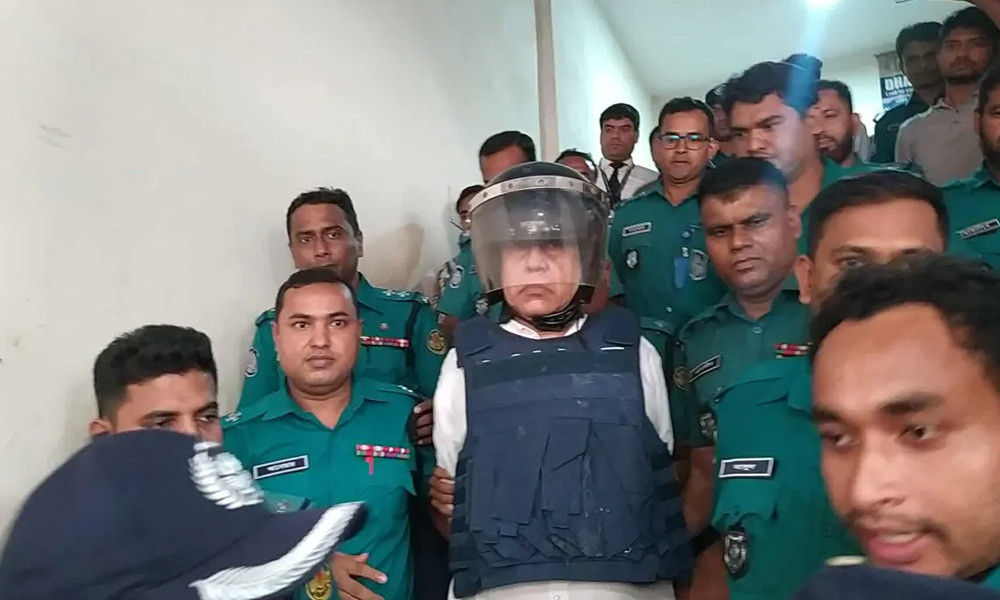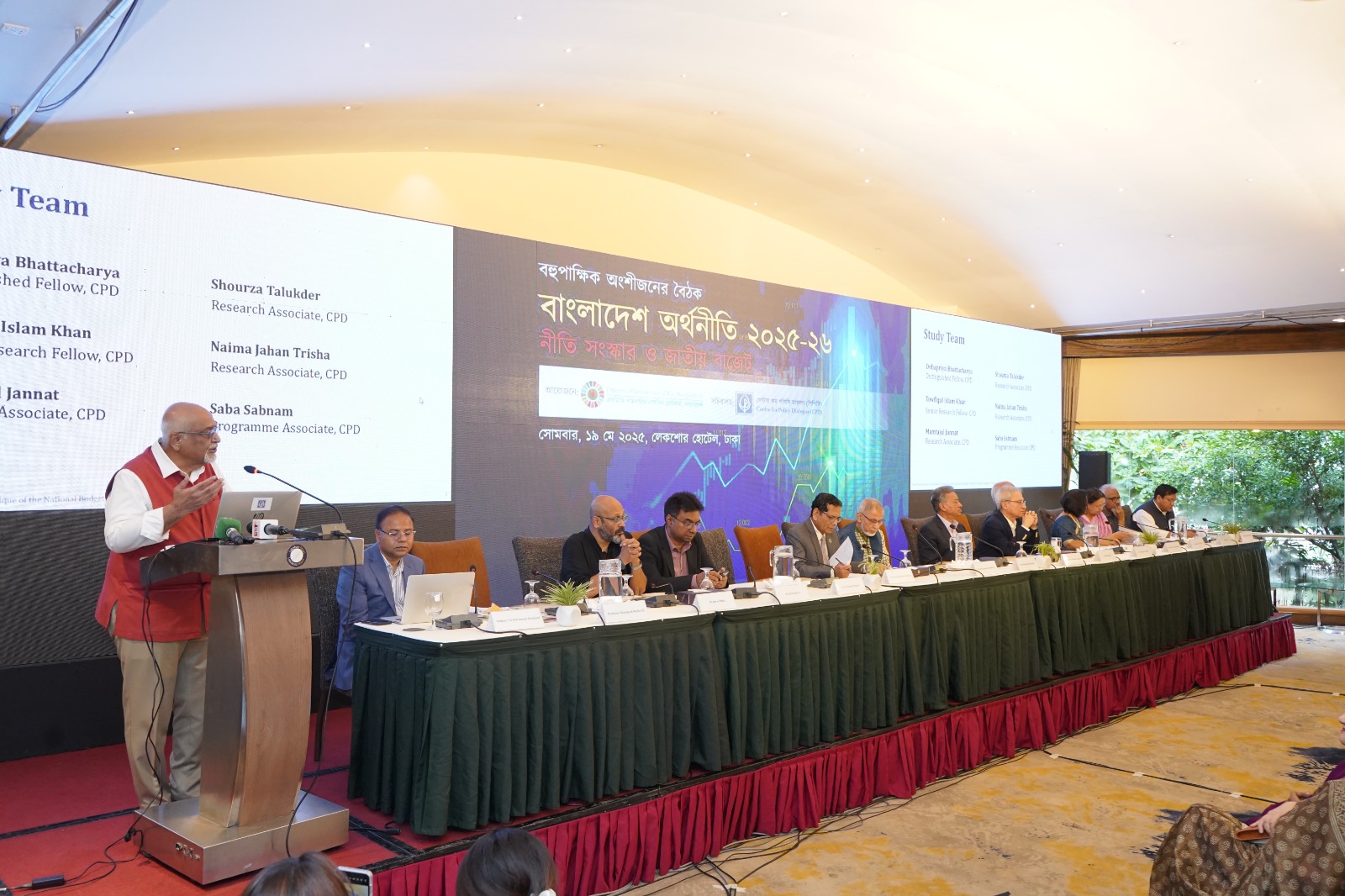
Dr. Debapriya Bhattacharya, Distinguished Fellow at the Centre for Policy Dialogue (CPD), has said that although the decision to divide the National Board of Revenue (NBR) was in line with policy recommendations, its implementation was rushed, lacked stakeholder consultation, and undermined institutional integrity.
He made the remarks while speaking at a forum titled “Bangladesh Economy 2025–26: Policy Reforms and National Budget”, organised by the Citizen’s Platform for SDGs at Dhaka’s Lakeshore Hotel.
Bhattacharya—also the chief of the white paper committee on the economy—said the split has narrowed the scope of work for NBR officials and triggered unrest, including an ongoing pen-down strike.
“The idea of separating tax policy from administration was one of our white paper recommendations. But the process lacked transparency and shrunk professional space, while increasing bureaucratic control,” he said.
Bhattacharya also warned of deepening structural weaknesses in the economy. He noted that 75% of government revenue will be consumed by interest payments and subsidies, with most of the remainder allocated to salaries—forcing further borrowing to implement development plans.
“We’re not seeing any structural shift in budget priorities or meaningful reforms,” he said, adding that only 30% of social safety net funds benefit the poor, while programmes aimed at rural communities have been cut significantly.
He pointed to a rise in youth unemployment, declining real wages, and an increasing reliance on indirect taxation as indicators of worsening inequality. “The tax-to-GDP ratio remains below 10% and will likely stay there,” he said.
While inflation has eased slightly, Bhattacharya argued that monetary policy has yet to make a real impact. He also criticised the lack of public engagement in budget planning, especially outside Dhaka, and warned that poor coordination and low transparency could undermine the FY26 budget.
“The economy lacks the stability needed to support sustainable reforms. Without inclusive planning and strong governance, the path forward remains uncertain,” he concluded.
Despite some signs of economic stabilisation, such as a slight easing of inflation and efforts to keep the foreign exchange market stable, Bangladesh’s broader economic reform trajectory is hampered by structural weaknesses and governance shortcomings, said Debapriya Bhattacharya.
“We’re not seeing the kind of structural transformation or reduction in anti-equity bias that would signal a meaningful shift in economic management,” he said.
He said that the government has paid little attention to economic reforms compared to other types of reform.
“If there is no stability in the economy, no other reform will be sustainable,” he said.
Bhattacharya also pointed out that the upcoming budget for FY26 would be shaped by three key deficits: a lack of cooperation and inclusivity, poor coordination, and limited transparency.
“There has been minimal public engagement in the budget-making process. We saw no real dialogue outside Dhaka, nor substantial inclusion of diverse groups even within the capital,” he said.
On the issue of separating tax policy from administration, Bhattacharya said the reform initiatives should involve broader consultations with multiple stakeholders and be carried out transparently.
“The decision to divide it into two divisions is the right one, and it was also one of the recommendations in our white paper,” he said.
“However, the way it has been implemented is not appropriate. It was done without proper consultation, by shrinking the space for professionals and increasing control over other administrative areas.”
“This approach is flawed, and implementing the reform properly has now become a matter of significant importance.”
He added that the ongoing pen-down strike by NBR officials may further affect overall revenue collection.
Anisuzzaman Chowdhury, Special Assistant to the Chief Adviser, Finance Division, offered a thought-provoking reflection on Bangladesh’s economic journey—from post-liberation uncertainty to becoming a notable example in global development discourse. By invoking historical context such as the 1971 economic breakdown and Nixon’s decision to abandon the gold standard, he effectively linked past global shifts with present challenges in economic governance.
His remarks underscored the need to move beyond outdated narratives, such as Bangladesh being a “basket case,” and instead focus on our transformation and resilience. His emphasis on the absence of a stable international economic order resonates deeply, especially as developing nations like Bangladesh confront global price shocks, inequality, and systemic imbalances.
The call for deeper partnership models, including those inspired by Islamic economic principles, reflects a broader effort to anchor reforms in inclusive, context-sensitive frameworks. Chowdhury’s speech challenges policymakers and stakeholders alike to embrace reform not just as an economic tool—but as a means to establish fairness, predictability, and long-term stability in both domestic and international arenas.
As Bangladesh approaches its Vision 2041 goals, such reflections are timely, reminding us that while our progress is commendable, the path forward demands structural reform, innovative policy, and moral clarity, he added.
BNP Standing Committee Member Amir Khasru Mahmud Chowdhury has raised serious concerns over the interim government’s reported moves to approve a humanitarian corridor for Myanmar’s Rakhine State through Bangladesh and to hand over management of Chattogram Port’s container terminal to foreign entities. Speaking at a budget-focused dialogue in Dhaka, he stated that such sensitive and strategic decisions should not be made by a non-political, interim government lacking an electoral mandate.
“These are matters of national security and geopolitical importance,” he said, questioning the legitimacy of an unelected government to take such steps. Khasru further warned that bypassing public dialogue and democratic accountability undermines the sacrifices made by the people for ownership of their country and its democratic process.
He emphasised that the core responsibility of the interim government is to facilitate a return to democratic order, not to engage in major policy or strategic decisions. “The expectations from this government are different—it is meant to ensure a credible transition, not redefine national interests,” he added.



